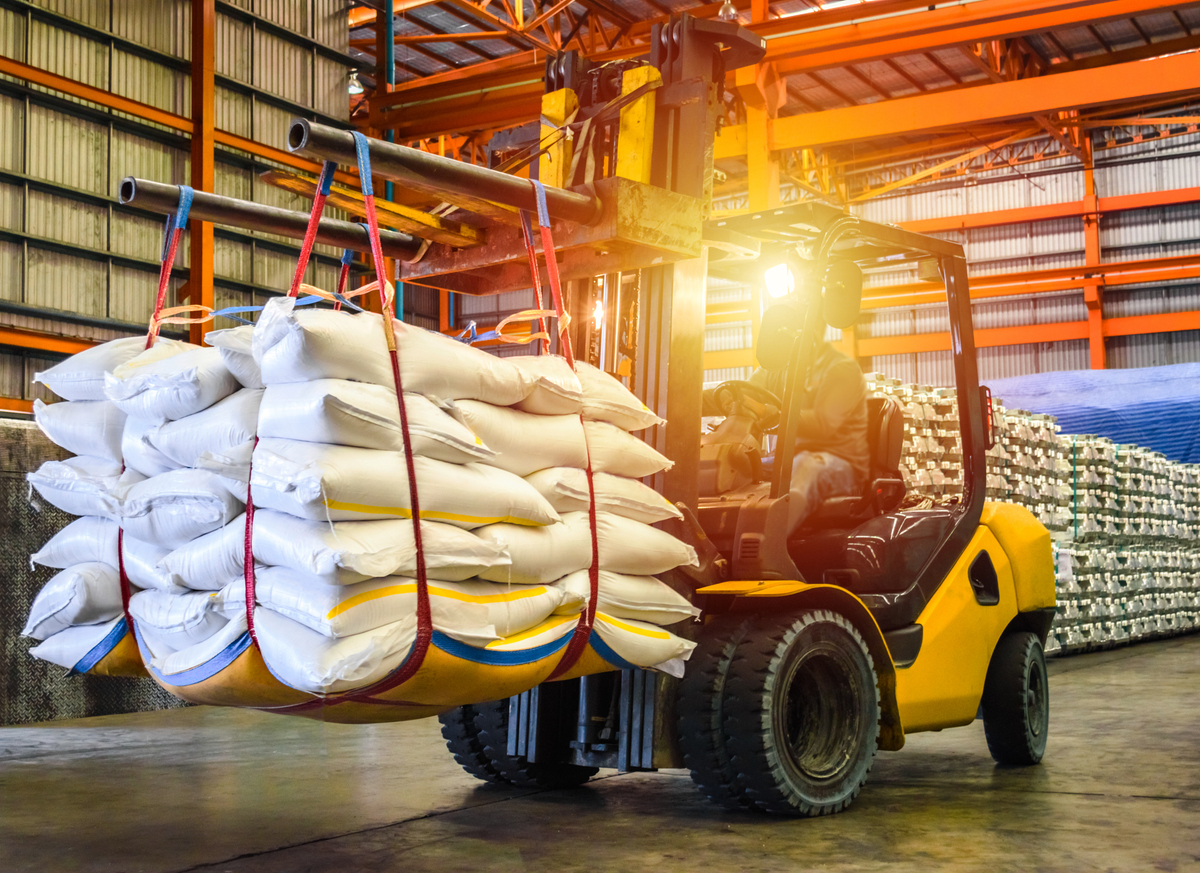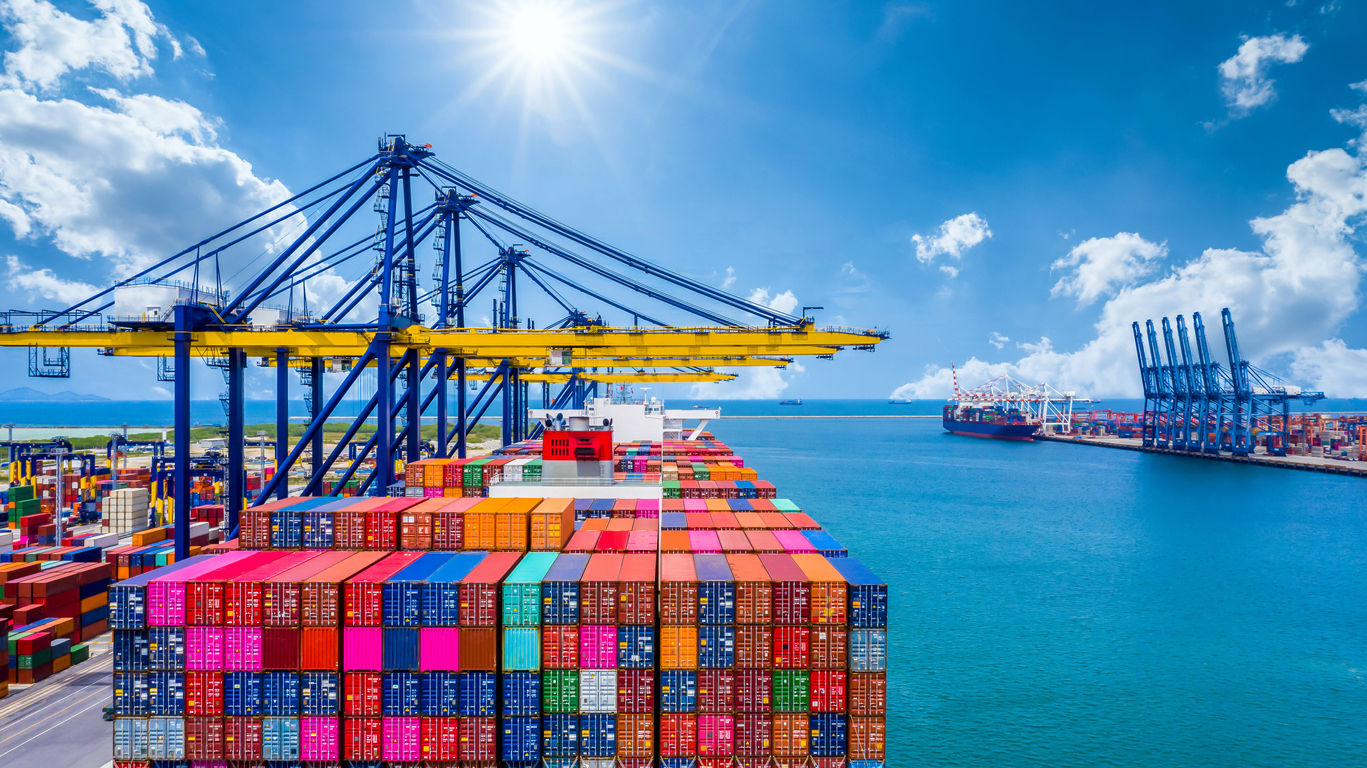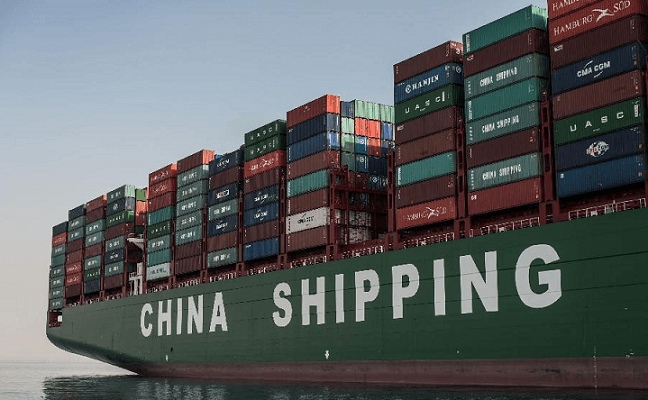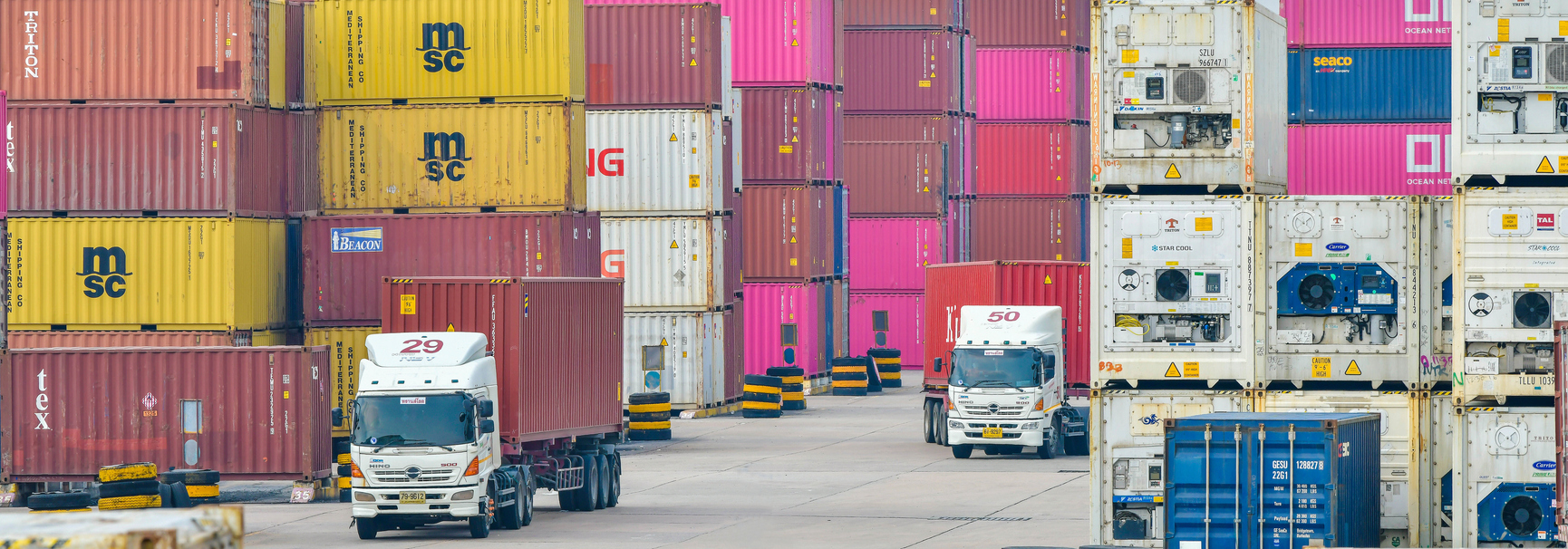How To Export Raw Plastic Sheeting From Nigeria: The Best Strategies
How To Export Raw Plastic Sheeting From Nigeria: The Best Strategies
There are many factors to take into consideration when exporting from Nigeria. The first being the size of the company, which will effect what type of equipment a company will need to export raw plastic sheeting from Nigeria. A small business, for example, will have less complexity in their importing and exporting process. This is because they have a smaller amount of staff and less financial resources than a multinational corporation would have. Second, you should take into account the laws governing importation and exportation for your country. In Nigeria, there are certain restrictions on how much raw plastic sheeting can be imported or exported at any one time. Finally, make sure you know the best strategies for importing and exporting from Nigeria to ensure your company’s success!
The Importance of a Good Strategy
Once you have mastered the basics, it’s time to find the best strategies for importing and exporting from Nigeria. It’s important to find a strategy that can make your company successful and provide a return on your investment.
Many people don’t take the time to research and plan ahead. This can be a costly mistake. A successful strategy will not only allow you to save money, but it will also ensure your company’s success.
How do you know what is the best strategy? You can do research and talk to someone who has experience in importing and exporting from Nigeria. There are many different types of strategies, but you want to make sure you find one that is tailored around your company and its needs. For example, if your company is a multinational corporation you will need a different strategy than a small company with less financial resources.
Title: Why Outsourcing SEO Can Be a Good Idea
Intro: Designing an effective SEO strategy isn’t a simple task. Companies have to consider how search engines are evaluating content, what aspects of SEO offer the most impact, and where they could change their current content to better align with search engine expectations. This is especially critical as search engines like
Research Nigeria’s Laws
Nigeria has laws governing import and exportation. You should be aware of these restrictions before you attempt to import or export from Nigeria. For example, there is a restriction on how much raw plastic sheeting can be exported at any one time. If you know your company is exceeding these restrictions–or if you don’t know what they are–you should contact your local Nigerian embassy to learn more about them.
Additionally, you should research Nigeria’s import and export policies. It’s important to abide by the laws and not violate any restrictions so that your business doesn’t incur any fines or penalties. You want your business to be successful and not have to worry about fines and penalties.
Import and export policies can include certain restrictions on the type of product you’re importing or exporting as well as the size of the company. The type of product you’re importing or exporting can include restrictions such as how much raw plastic sheeting can be imported at any one time, what type of raw plastic sheeting, and what size of company is importing the raw plastic sheeting.
Know Your Budget
Business owners often overlook the importance of budgeting. It is important to know what your budget is before you start to export raw plastic sheeting from Nigeria. There are many factors that go into determining your budget, such as the size of your business, the equipment you need to afford, customs fees, and other costs that may come into play. Make sure you are aware of everything that may cost your business before you start to export raw plastic sheeting from Nigeria.
Another thing to consider when budgeting for your export is the laws governing importation and exportation in Nigeria. There are certain restrictions on how much raw plastic sheeting can be imported or exported at any one time. For example, if you are exporting raw plastic sheeting that weighs less than 500 kilograms, then you will not be charged any Customs fees. However, if you export raw plastic sheeting that weighs 500 kilograms or more, then there will be Customs fees.
Knowing all these factors will allow you to prepare an accurate budget for your business’s exporting process.
Knowing the Process
The first thing an exporter will need to do is find the raw plastic sheeting they need. This means going to a store or looking on a store website to find out their stock of raw plastic sheeting. From there, the exporter will need to find a freight company to ship their raw plastic sheeting from Nigeria.
At this point, you will need to know your budget for the shipment of the raw plastic sheeting from Nigeria. You’ll also need to know your deadline for delivery as some freight companies have a window of time for arrival at their destination. In Nigeria, the import and export process is heavily regulated as to what can be imported and exported as well as how much can be imported. An exporter will want to take this into consideration when exporting from Nigeria.
Packaging and shipping your goods
There are a few ways a company can package and ship their goods from Nigeria. One method is to export raw plastic sheeting from Nigeria by air. Air freight is the quickest way to ship goods from Nigeria. The downside to this method is that it is the most expensive. It is also difficult to transport large amounts of goods this way, as the cost per kilogram increases as the weight of the shipment increases.
Another option for exporting raw plastic sheeting from Nigeria is to use a container ship. When using this method, you will need to put all the goods you want to export into a container and wait for a ship that can transport your container. The plus side to this method is that it is much cheaper than using an airplane.
Ultimately, the best strategy for exporting goods from Nigeria would be to use a combination of air freight and container shipping. This will allow you to take advantage of the affordability and speed of air freight as well as the affordability and space of container shipping.
Preparing for customs inspection at destination port
Once your shipment of raw plastic sheeting has arrived at the port, you will need to prepare for customs. Before the container is unloaded, you should be prepared for inspections. Here are a few tips on how to prepare:
– Ensure everything is in order and ready for inspection
– Know and understand what you can and cannot bring into your destination country
– Double check the weights and dimensions of each container
– Present your import permit
– Check that the type of commodity matches the type of cargo that your company imports
– Confirm that your company is aware of any restrictions on certain types of product (i.e., some countries do not allow certain grades of scrap metal)
– Be ready to provide a certificate of origin
– Be ready to provide a letter from the factory stating that the goods are for export only
Get a good shipping agent
A good shipping agent will be able to provide you with the best rates, know the best ports to ship from, and help you with any other importing or exporting needs you may have. A good shipping agent will also be able to provide you with any necessary documentation to ensure your container reaches its destination without any problem. When shipping from Nigeria, the agent will need to provide the customer with a commercial invoice for goods that are being shipped.
A commercial invoice is a document that is sent with goods that are being exported from Nigeria. It contains information about the goods that are being exported, such as the weight and dimensions of the goods. The commercial invoice also contains the rate at which the goods were purchased and the type and cost of packaging. The commercial invoice is signed by both the buyer and seller and usually has a stamp to show it is a legal document.
To import products from Nigeria, an agent will need to provide an invoice for the importation of goods. This should include information about the quantity of goods being imported, such as their weight and dimensions, and what type of packaging they were shipped in. The agent will also need to submit a bill of lading for the goods that were imported, which should include the waybill number,
Conclusion
The export guide is not exhaustive, but instead provides key information that the reader should consider when exporting raw plastic sheeting from Nigeria. If you have any further questions or would like your company to be considered for an interview, please contact me.







LEAVE A COMMENT
You must be logged in to post a comment.